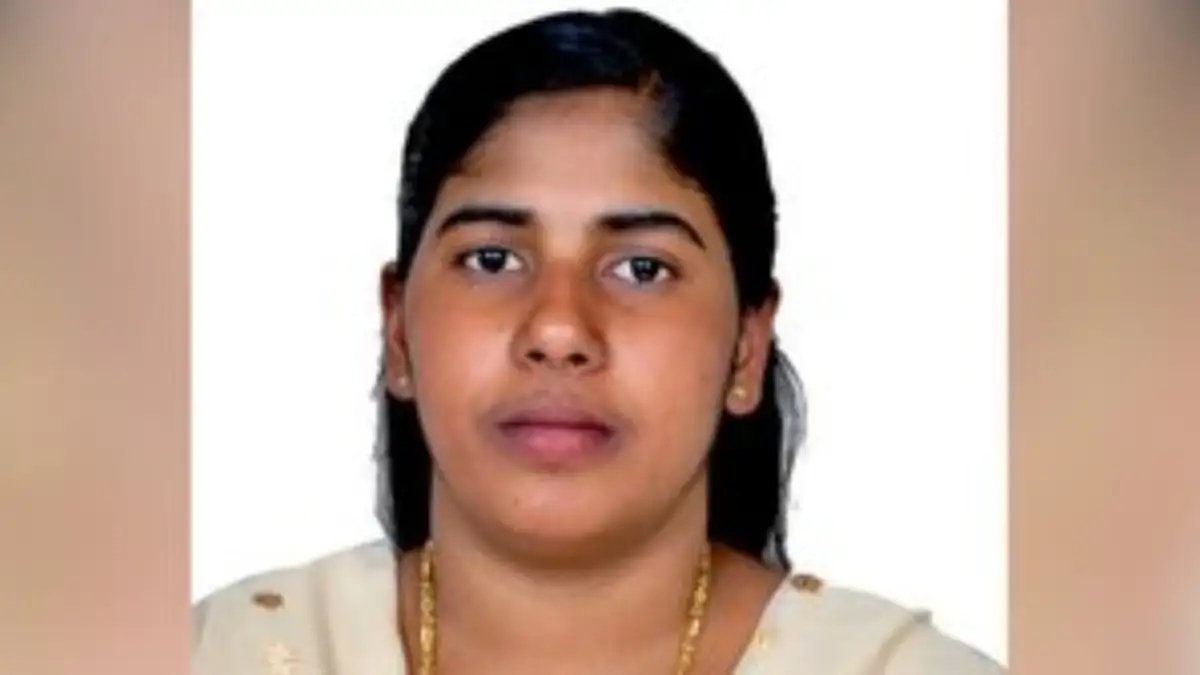 |
|
The case of Nimisha Priya, a Kerala nurse sentenced to death in Yemen, has garnered significant international attention. The recent offer of humanitarian support from Iran represents a crucial development in the ongoing efforts to secure her release. Priya's conviction stems from murder charges, the specifics of which remain somewhat unclear in the provided text, but her situation highlights the complexities of navigating international legal systems and the challenges faced by Indian citizens abroad when encountering severe legal ramifications in foreign countries. The involvement of Iran, a nation with potential influence within the Yemeni political landscape, introduces a new dimension to the diplomatic efforts. The motivations behind Iran's offer, whether based on genuine humanitarian concern or strategic geopolitical considerations, remain to be fully explored. However, it offers a potential avenue for securing Priya's release and avoiding the implementation of the death penalty.
The Indian government's response to the crisis has faced scrutiny. While the Ministry of External Affairs (MEA) has acknowledged the situation and stated its commitment to providing assistance, critics argue that the response has been inadequate and too slow. The urgency of the situation is palpable; with the death sentence looming, immediate action is crucial. The calls from Kerala's Leader of the Opposition, VD Satheesan, and Babu John of the Save Nimisha Priya forum emphasize this urgency, highlighting the desperation felt by Priya's family and supporters. The pressure on the Indian government to actively engage in negotiations with the Yemeni authorities is immense. The effectiveness of diplomatic efforts will depend on several factors, including the willingness of the Yemeni government to cooperate and the leverage India can exert. The nature of the relationship between India and Yemen, as well as any existing diplomatic channels, will play a crucial role in determining the outcome.
Nimisha Priya's personal story reveals a tragic chain of events. Her initial move to Yemen to pursue her nursing career, a common aspiration for many Indians seeking employment opportunities abroad, was complicated by the outbreak of civil war and subsequent restrictions on visas. Her partnership with Mahdi, intended to facilitate the establishment of her clinic, unfortunately led to unforeseen legal repercussions. The manipulation of her wedding photograph, highlighting the vulnerabilities of individuals operating within complex and potentially hostile environments, underscores the precarious nature of her situation. This case serves as a stark reminder of the risks faced by Indian citizens working abroad, particularly in politically unstable regions. The lack of readily available support and the challenges of navigating foreign legal systems often leave individuals vulnerable. The story also underscores the importance of robust consular services and proactive support systems for Indian citizens facing difficulties abroad.
The international community's role in this case is also significant. Iran's offer of support, while potentially motivated by various factors, could become a catalyst for broader diplomatic engagement. Other nations with interests in the region or experience in resolving similar situations may also play a role in mediating the conflict and advocating for Priya's release. The wider implications of this case extend beyond the individual circumstances of Nimisha Priya. It raises questions about the responsibility of governments to protect their citizens abroad and the need for more effective mechanisms for assisting individuals who find themselves facing serious legal challenges in foreign jurisdictions. The case serves as a potent example of the intersection of humanitarian concerns, geopolitical complexities, and the everyday challenges faced by individuals seeking to build better lives for themselves and their families.
Source: Nimisha Priya case: Iran offers support on 'humanitarian grounds' amid death sentence in Yemen
